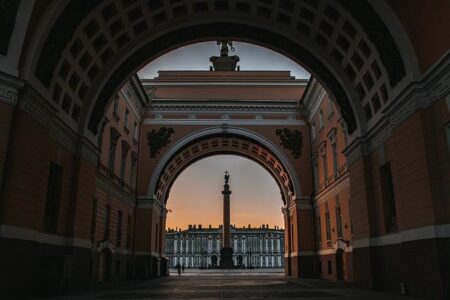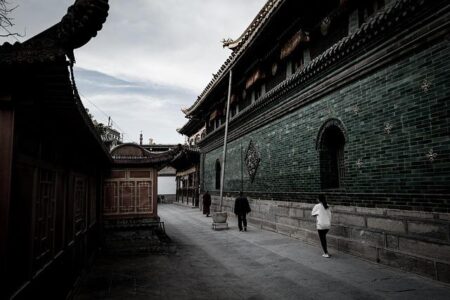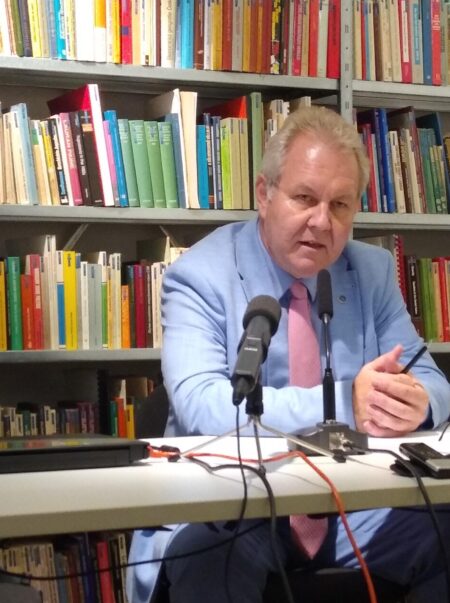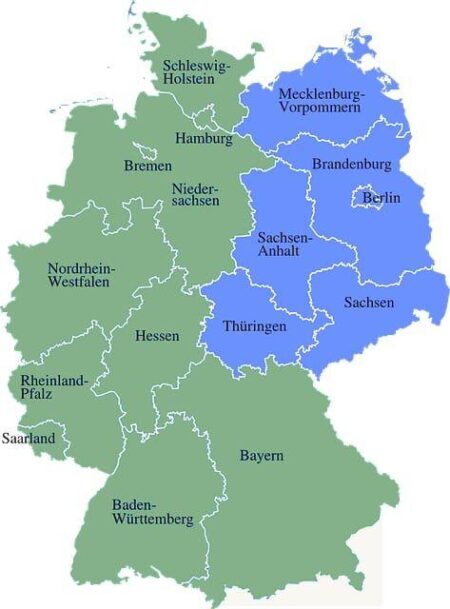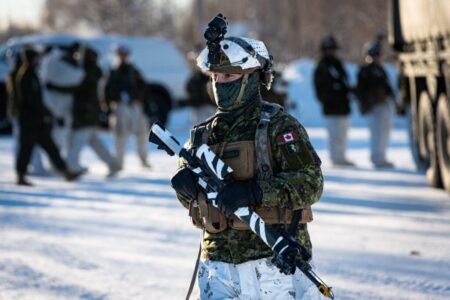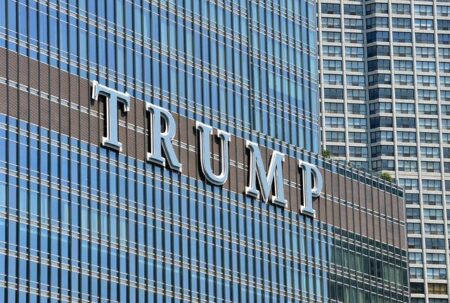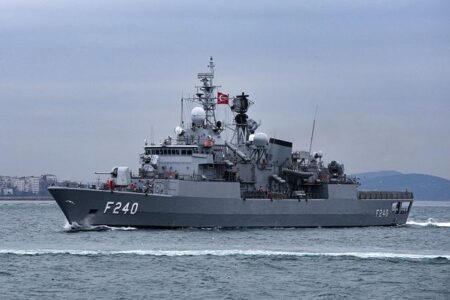In a surprising development, Russia has deployed horses to the front lines in Ukraine, showcasing a blend of traditional military tactics and modern warfare. This move highlights the diverse strategies employed in the ongoing conflict as both sides adapt to changing dynamics.
Browsing: Geopolitics
France’s nuclear capabilities serve as a strategic deterrent not only for itself but potentially for its European allies. However, the question remains: can its neighbors effectively integrate under this nuclear umbrella while navigating their own security concerns?
France has commenced the handover of military bases in Senegal, marking a significant shift in defense relations. This transfer is part of a broader strategy to enhance local security and strengthen bilateral ties between the two nations.
France and Germany are embroiled in a dispute over the “buy EU” initiative aimed at increasing defense spending and military cooperation within the bloc. Tensions rise as each nation advocates for its own armament industries, complicating collective security efforts.
China has criticized former President Donald Trump’s rhetoric, accusing him of reverting to a “law of the jungle” approach in international relations. This condemnation underscores rising tensions as both nations grapple with complex diplomatic challenges.
French President Emmanuel Macron reaffirmed France’s commitment to NATO, calling it a “loyal ally,” amid renewed skepticism from former President Donald Trump about the alliance’s unity. Macron emphasized the importance of collaboration in facing global challenges.
Russia has initiated a significant aerial assault on Ukraine just days after the United States halted military aid. This escalation raises concerns over regional stability and highlights the ongoing tensions in Eastern Europe amid geopolitical shifts.
In a recent CNN segment, a Russia expert analyzes the differing strategies of Trump and Zelensky regarding the ongoing war in Ukraine. The discussion delves into their respective objectives and the implications for U.S.-Ukraine relations amidst the conflict.
Germany is set to enhance its support for Ukraine by committing an additional ‚ā¨3 billion in aid. This decision reflects ongoing efforts to bolster Ukraine‚Äôs defense amid escalating tensions, reinforcing Germany’s role in European security initiatives.
As geopolitical tensions rise over Arctic sovereignty, the Canadian military intensifies its presence in the region, conducting exercises and patrolling icy waters. This strategic maneuver aims to assert Canada’s claim and strengthen its Arctic defense capabilities.
A recent Russian strike in a town near Donetsk has resulted in the deaths of 11 civilians, according to Ukrainian officials. The attack underscores ongoing tensions in the region as the conflict continues to escalate, impacting innocent lives.
China has issued a stern warning to the United States against any attempts at containment, particularly in light of the potential for Donald Trump’s second term to reshape diplomatic relations. Tensions rise as both nations navigate a complex geopolitical landscape.
In recent comments, former President Donald Trump asserted that Russian President Vladimir Putin would adopt a more “generous” approach in peace negotiations regarding Ukraine, contrasting with what he described as the “difficult” stance of Ukraine‚Äôs leadership.
Nepal’s newly constructed airport, built with Chinese investment, is set to welcome its first international flight, sparking cautious optimism among officials. They hope this milestone will boost tourism and strengthen regional connectivity.
Amid escalating tensions, Huawei’s DeepSeek AI technology faces stringent U.S. export controls, reshaping the competitive landscape of AI between the U.S. and China. This strategic maneuvering highlights the growing importance of technological dominance in global power dynamics.
French President Emmanuel Macron is reigniting discussions on a European nuclear umbrella following heightened tensions from the recent Trump-Zelensky confrontation. This move reflects Europe’s strategic reassessment amid evolving geopolitical dynamics.
Chinese warships have reportedly completed a circumnavigation of Australia, raising concerns over maritime security. This maneuver highlights China’s growing naval capabilities and its assertive presence in the Indo-Pacific region, prompting heightened vigilance from Australia and its allies.
As geopolitical tensions rise, the question of whether France and the United Kingdom can effectively replace the U.S. nuclear umbrella emerges. This shift could reshape NATO dynamics and Europe’s defense posture, challenging traditional security alliances.
As of March 4, 2025, the Institute for the Study of War reports a marked escalation in Russian offensive operations. Strategic assaults aim to regain lost territories, increasing tensions in Eastern Europe. Analysts emphasize the potential for broader regional instability.
The UK government reaffirms its stance on the United States as a “reliable ally,” amid concerns surrounding the operational status of Trident nuclear submarines. Officials stress the importance of transatlantic relations for national security.

